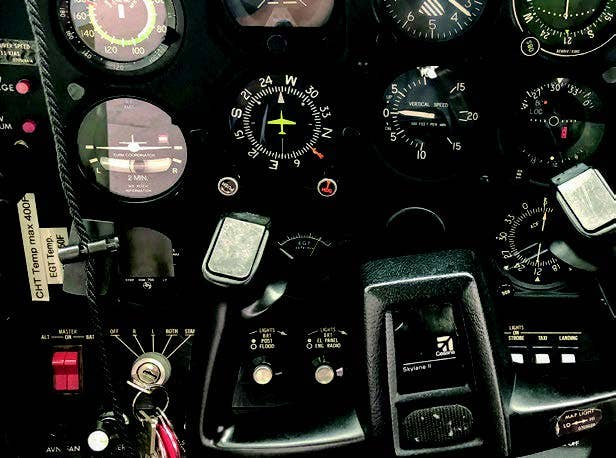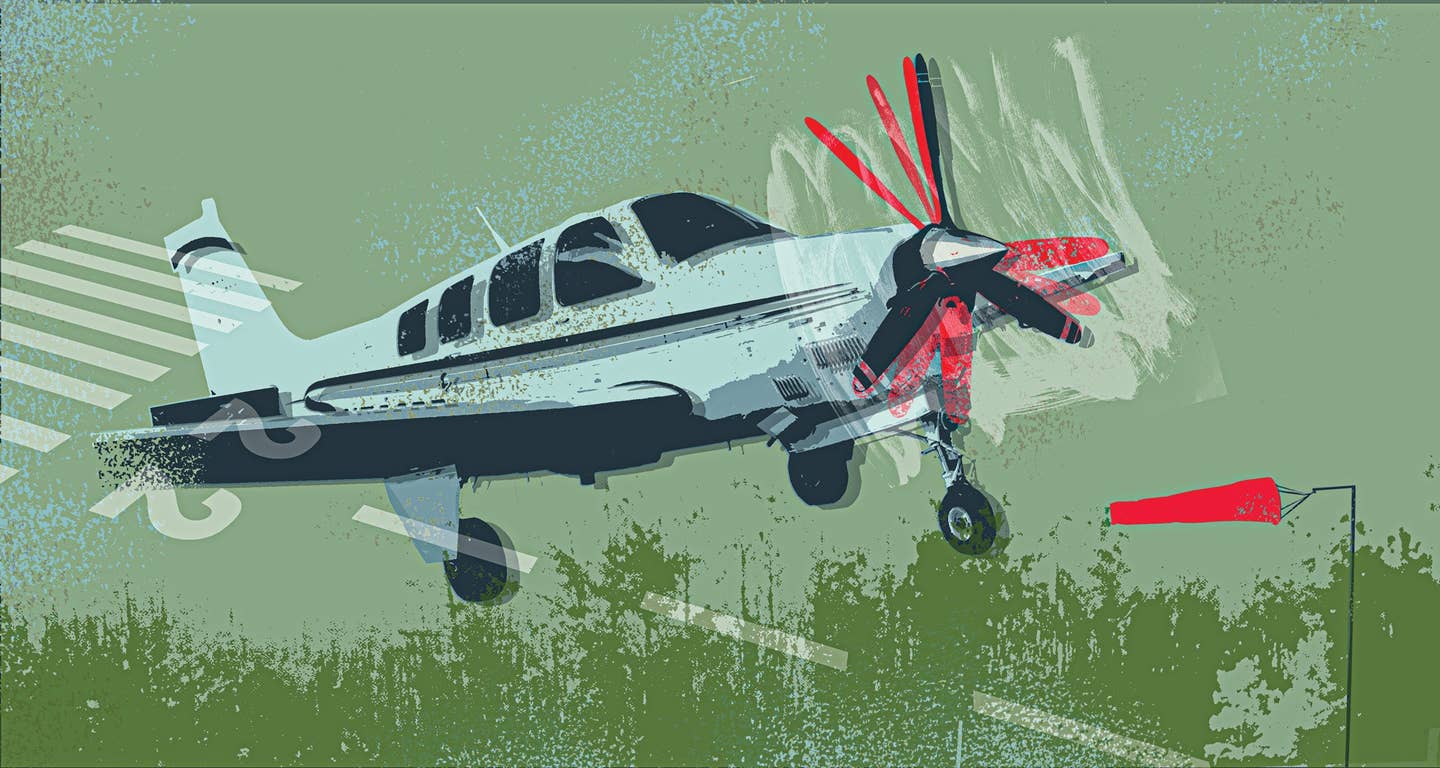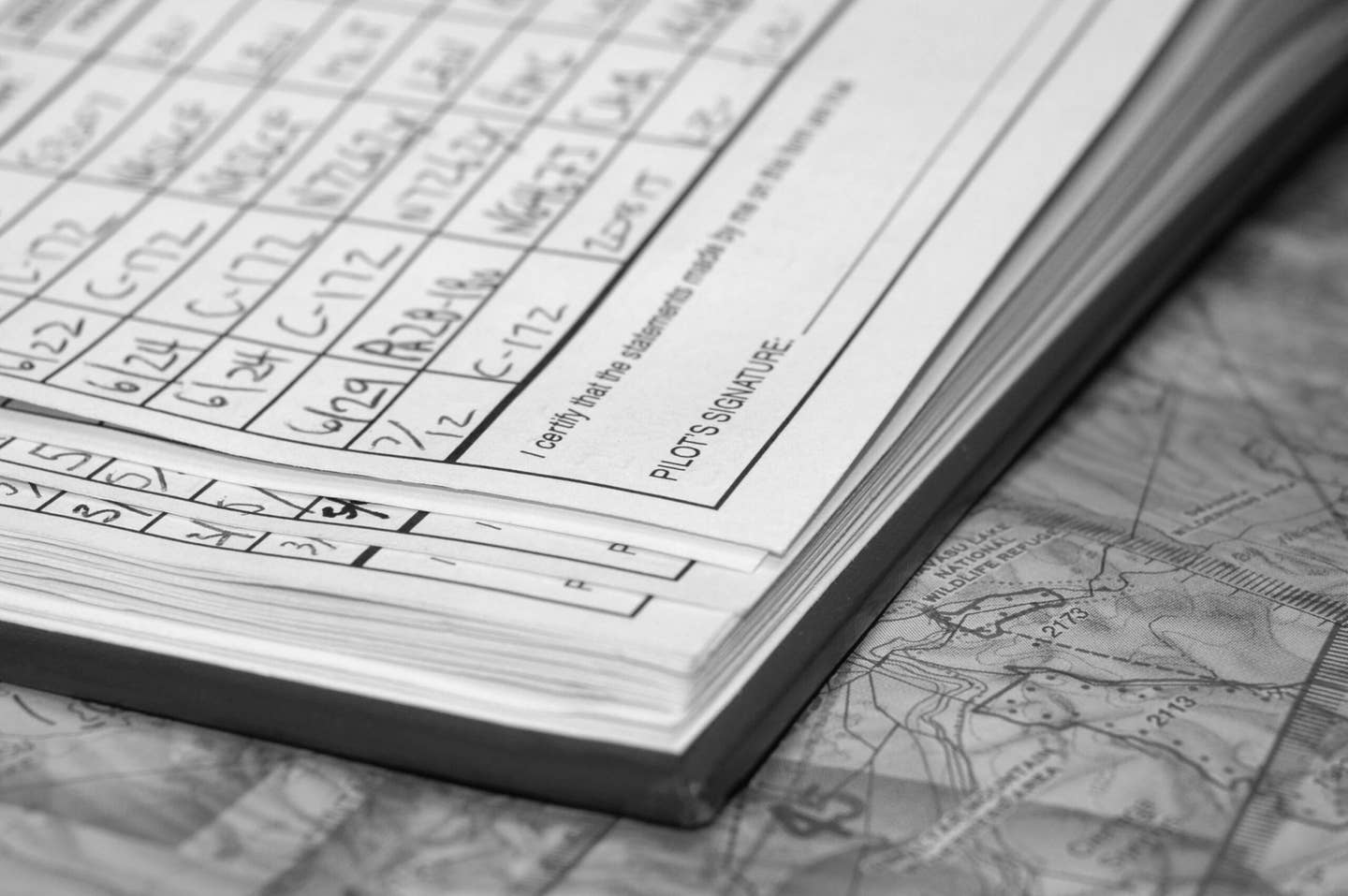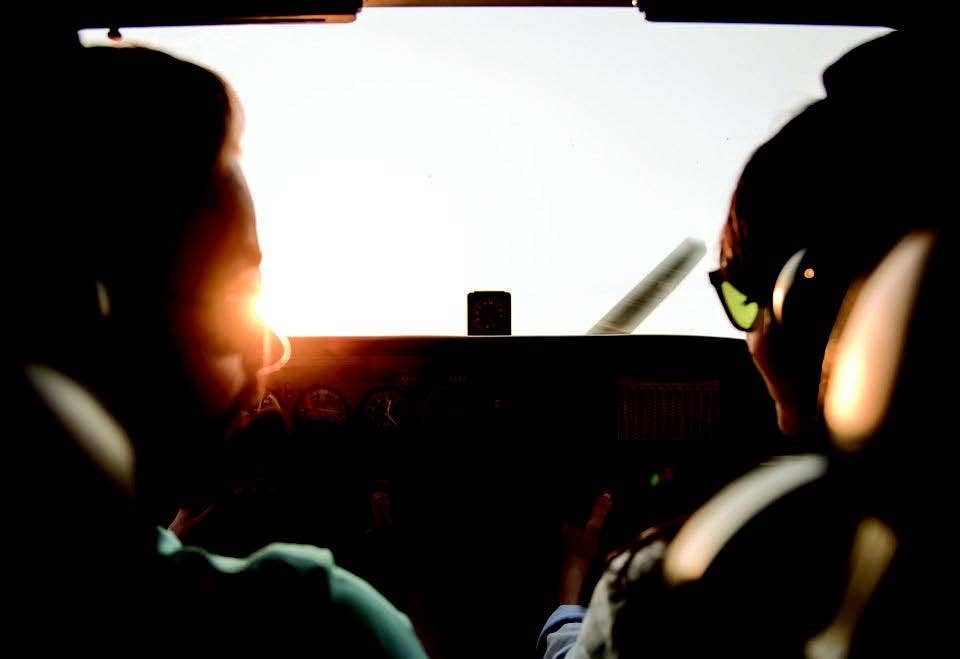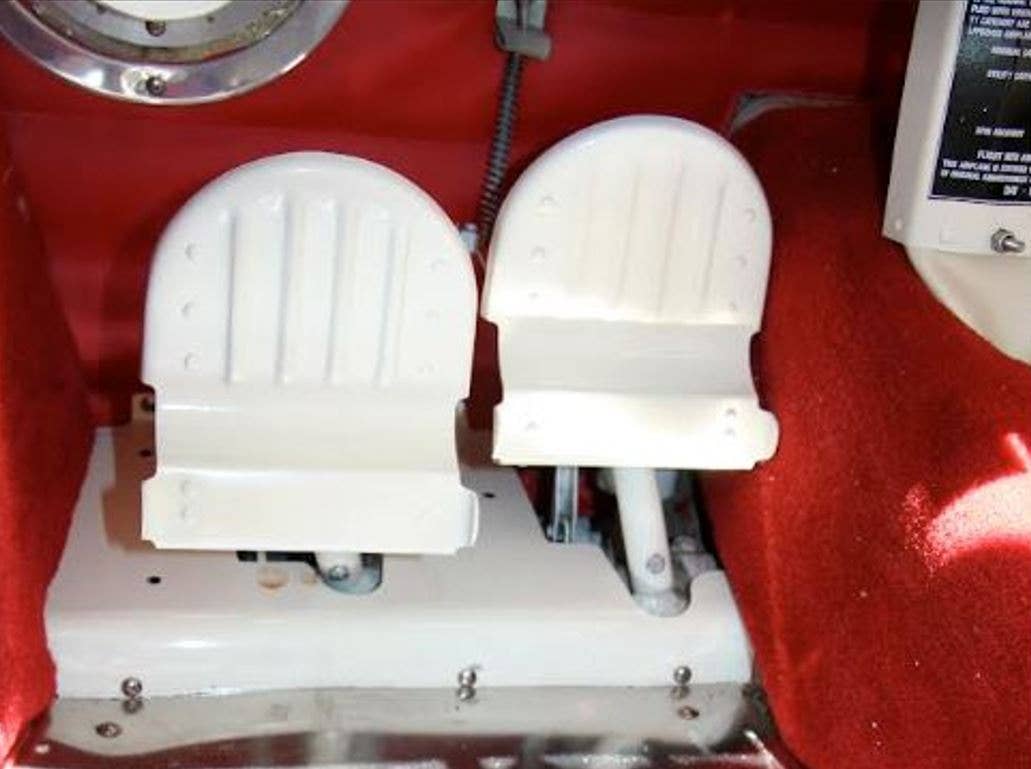
Jim Lauerman, former president of Avemco Insurance Company, shares his top list of “aviation insurance myths” – those long-held beliefs about aircraft policies that are misunderstood by pilots, whether they own the airplane they fly, rent the airplane they fly or fly a friend’s airplane. These myths are specific to Avemco® in many cases, so it’s important to check with your insurer to see if they apply. Here’s what Lauerman has to say:
1 Myth: All policies are the same. "The reality is there are a lot of similarities in aviation policies, but there are some significant differences too," Lauerman said. It's important to realize that what may be true for an aviation insurance policyholder in one state may not be true for you in your state.
2 Myth: Policyholders can be on the hook for attorney costs. Avemco covers all costs to defend you, even if a plaintiff rejects an offer to settle and you've reached your limit of liability. This is generally true of all insurers, although some exceptions may exist. Lauerman suggests you check with your insurer if you are in doubt.
3 Myth: Insurance companies don't want to pay claims. "There is an assumption that insurance companies are looking to avoid playing claims. In other words, the idea that they'll take your premium but won't pay your claim. The reality is the opposite." But be careful about things that can bite you, like lying on your application or letting your coverage lapse.
4 Myth: If my buddy names me on his policy, I'm covered. In most cases you will be covered under your friend's liability coverage if you're flying his airplane and he's named you on the policy. However, the owner and his insurance company retain the right to come after you under what's known as subrogation, holding you responsible for a portion of the claim.
5 Myth: I installed new avionics so I should increase my hull insurance. Not all changes to an airplane increase its value. The prudent action is to contact your insurance company and report the changes. If the value of the aircraft has increased (using a commonly accepted valuation guide such as Vref) then yes, you should increase your hull insurance so you are properly insured.
6 Myth: I can save money by insuring my airplane only for the loan amount. Unlike cars, airplane insurance policies are based on "stated value." That is, you and the insurance company come to an agreement when the policy is issued what the airplane is worth, that is the value listed on your policy data or declarations page. If you insured your airplane for too little, you could find you get a check for less than it's really worth (market value) if it's totaled.
7 Myth: If I violate the FARs, the insurance company won't pay the claim. "The federal aviation regulations and Avemco insurance conditions have absolutely nothing to do with each other," Lauerman said. The policy will pay unless the insurance conditions specifically were violated.
8 Myth: The FBOs policy covers me when I rent their airplanes. The reality, Lauerman said, is it's unlikely you'll be covered under a flight school's insurance, even if they told you that you are. The school's insurance company can come after you under subrogation and for loss of use as well as for liability exposure for injuries to people and damage to property other than the airplane you are flying.
9 Myth: My non-owner policy covers my friend when I fly his airplane. That's only true if you were found negligent in the event of a mishap. If you fly your friend's airplane and the engine fails through no fault of your own and the airplane is damaged, your non-owners policy won't cover the damage.
10 Myth: I can pay my buddy for my use of his aircraft. Under most policies written by insurers other than Avemco, if you're paying for anything more than gas and oil, you're probably violating the commercial purpose exclusion of his policy, Lauerman says. Avemco offers this coverage; other insurers may as well, but it's important to check.

Subscribe to Our Newsletter
Get the latest FLYING stories delivered directly to your inbox


